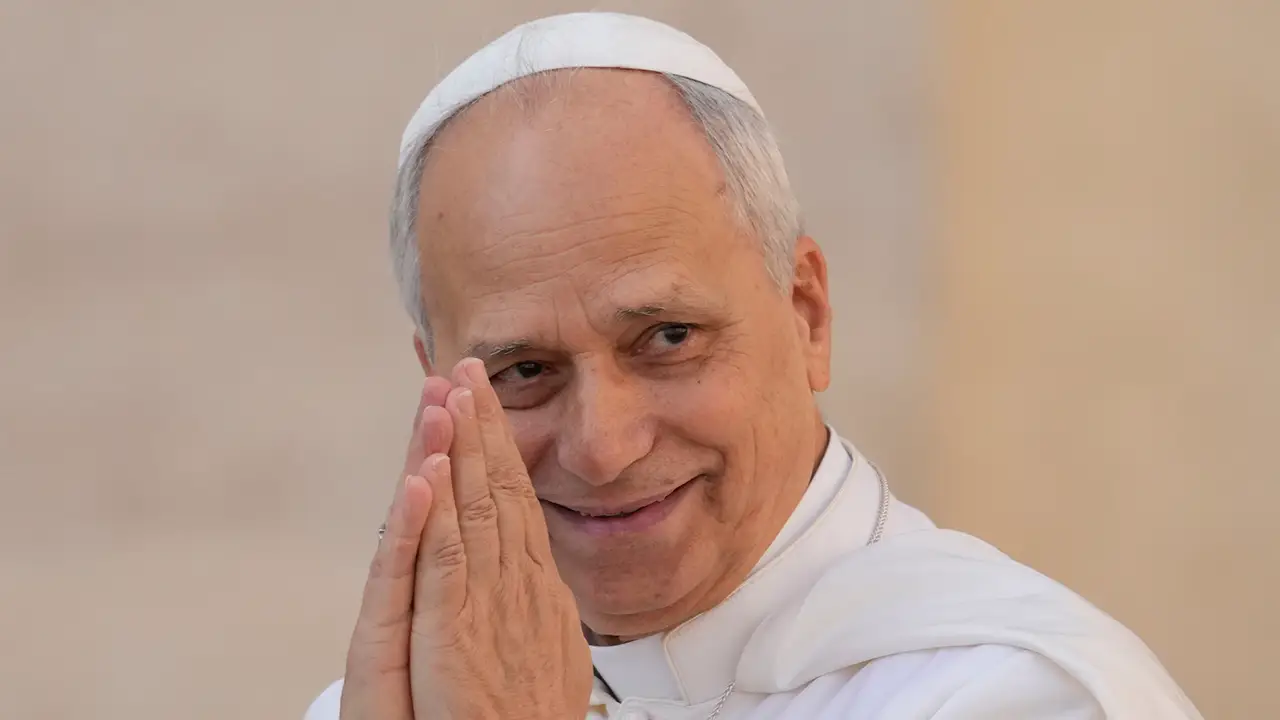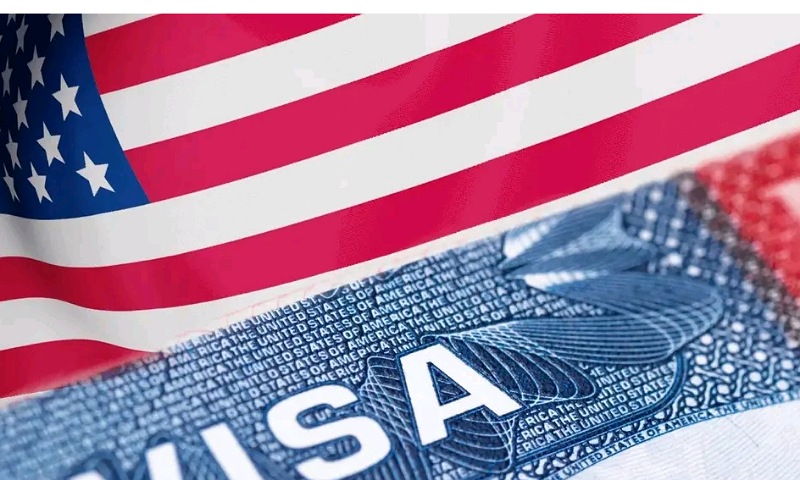Pope Leo XIV recently spoke out in the heated U.S. abortion debate. He questioned how the term pro-life life is often defined in politics. His remarks came after controversy around the Chicago archdiocese’s plan to honor Senator Dick Durbin. Durbin supports abortion rights but also advocates strongly for immigrant protections. Some conservative bishops opposed the honor due to his abortion stance. The Pope used the moment to raise deeper questions about moral consistency.
The Contradictions Pope Leo Pointed Out
In a public exchange, the Pope said someone cannot claim to be pro-life while supporting the death penalty. He also challenged those who oppose abortion yet back the harsh treatment of immigrants. He asked if such positions truly fit a consistent ethic of life. His remarks encouraged leaders to see life issues through a wider moral lens.
He emphasized respect and ethical coherence. The Pope urged Catholics and political figures to reflect on how capital punishment or strict immigration laws weaken claims of defending life. He reminded the Church that teaching on life covers many dimensions, not abortion alone.
Implications for U.S. Catholic Politics
The Pope’s comments come at a sensitive moment in U.S. politics. Many Catholics struggle when deciding whether to vote for or against candidates based only on abortion. His words may shift how clergy, laity, and leaders approach the pro-life label. He pointed to a broader ethic rooted in human dignity, not single-issue politics.
For Senator Durbin, the Pope’s remarks reframed the debate. His immigration advocacy now stands alongside his abortion rights stance in the discussion. Bishops and observers may rethink how honors, inclusion, and public witness are handled within the Church.
Reactions and Pushback
The White House rejected the Pope’s critique on immigration. Officials said U.S. policies do not treat immigrants inhumanely when enforcing laws. Supporters praised the Pope’s courage and said the timing of his remarks was important. Critics warned that his intervention mixes theology with politics and could confuse Church teaching.
Some conservative bishops welcomed the call for moral consistency. Others remain cautious about linking papal comments to American political debates. The larger question of whether Catholic voters should weigh many life issues instead of only abortion may grow stronger.
What It Really Means to Be Pro-Life
At the heart of the Pope’s message is moral coherence. He argued that true pro-life commitment requires respect for life from conception to natural death. That means rejecting capital punishment, protecting immigrants, helping the poor, and resisting systems that destroy human dignity.
This perspective echoes the idea of a consistent life ethic. It ties abortion, the death penalty, war, euthanasia, and social justice into a single moral framework. The Pope’s words may push Catholics to embrace that wider vision instead of a narrow definition.
Conclusion
By intervening, Pope Leo XIV challenged how pro-life is used in U.S. politics. He asked Catholics and leaders to rethink contradictions, such as rejecting abortion while supporting executions or harsh immigration practices. His message calls for a broader, unified ethic of life. Whether it reshapes Catholic politics remains uncertain, but the Pope has deepened the debate on what it truly means to defend life.
Bonus Read:



